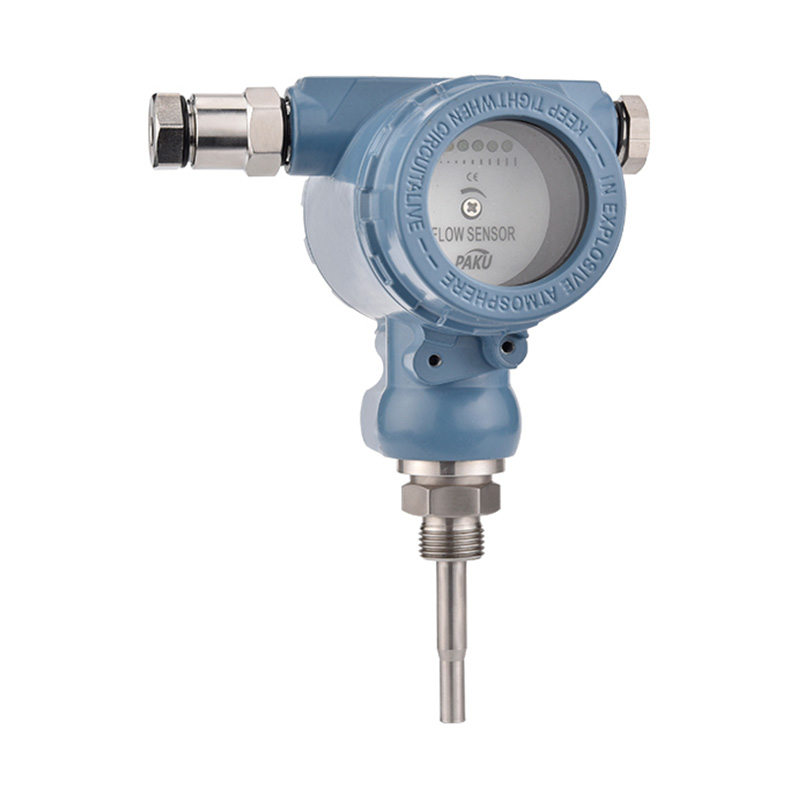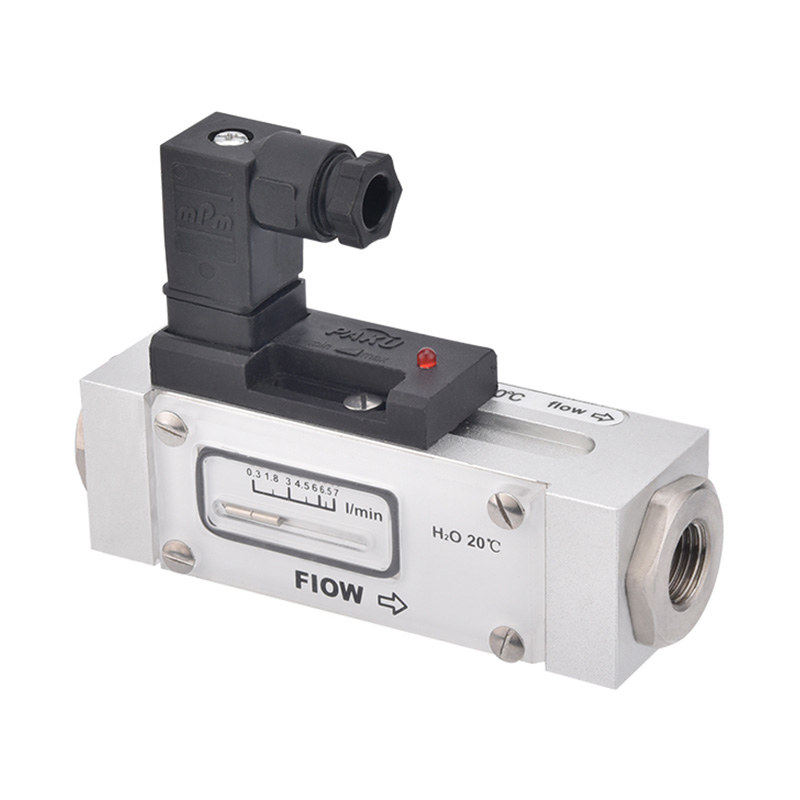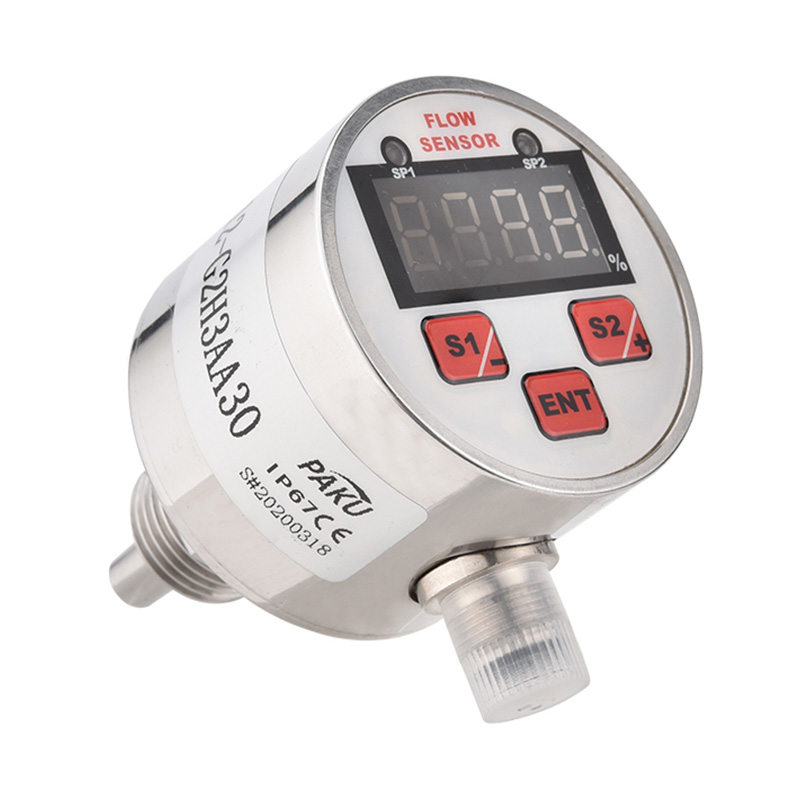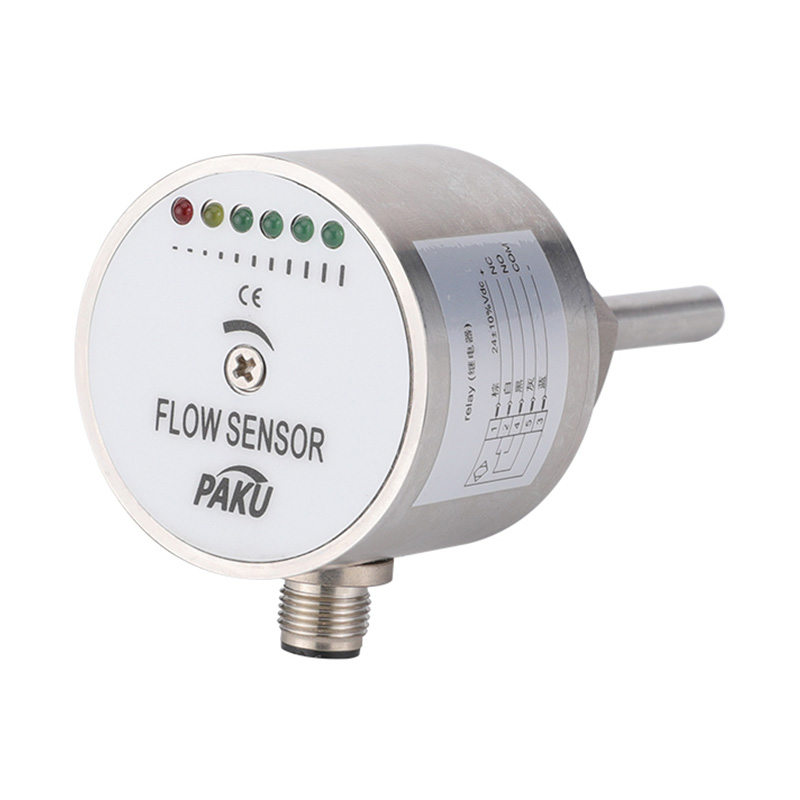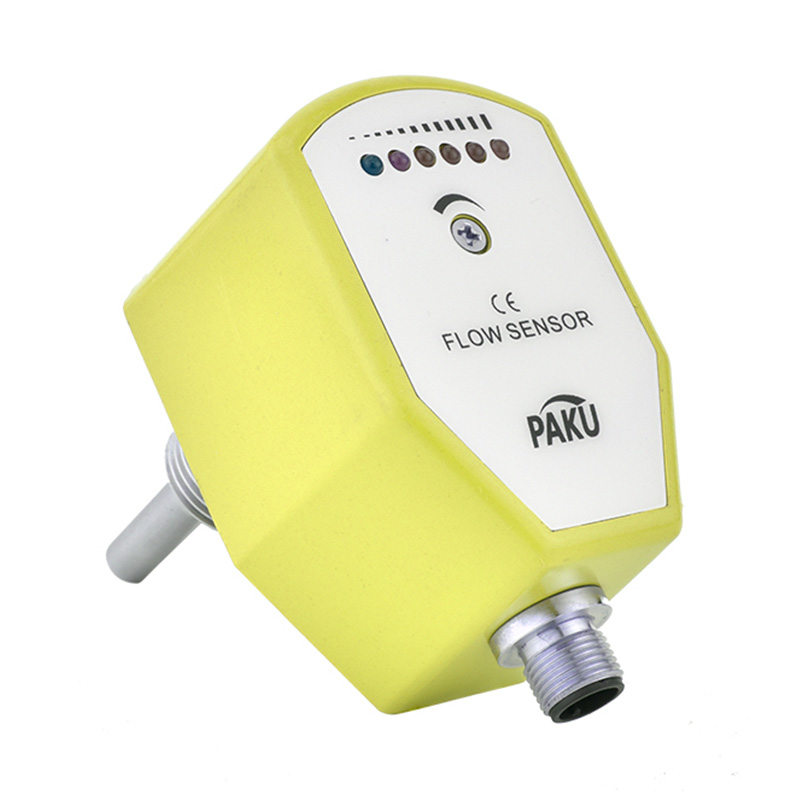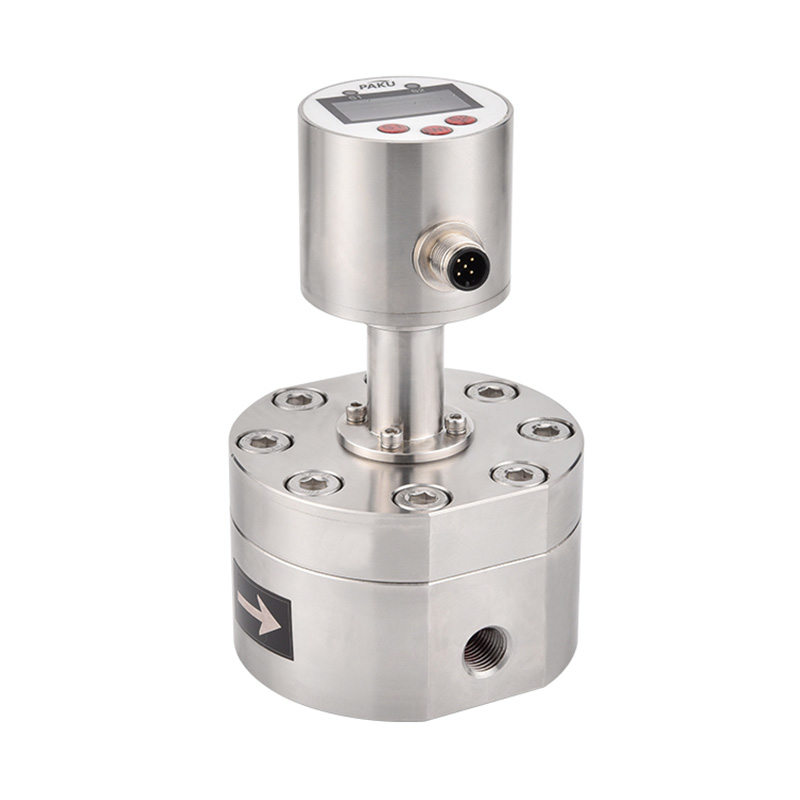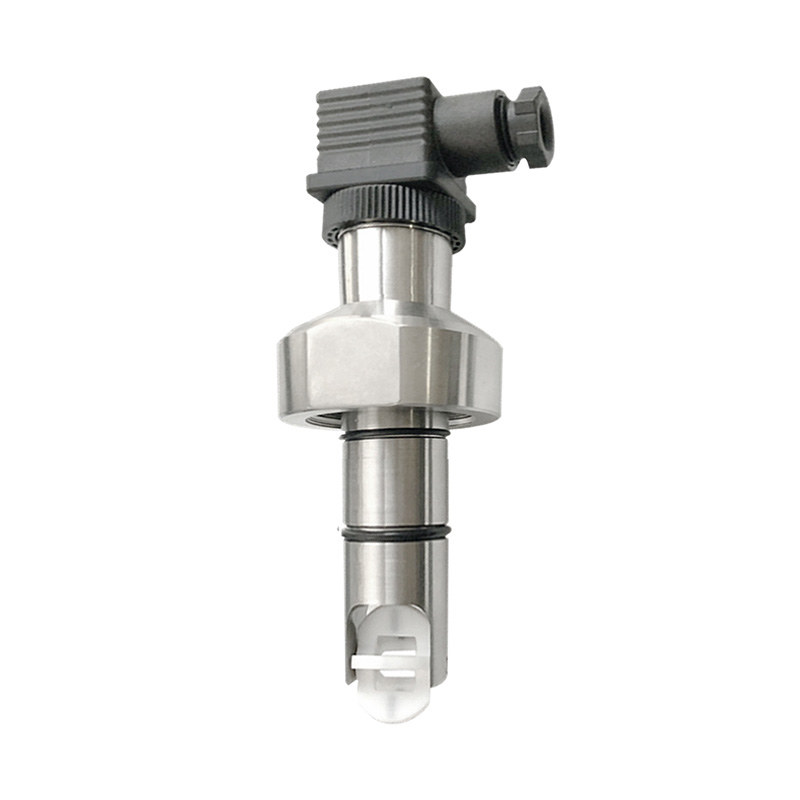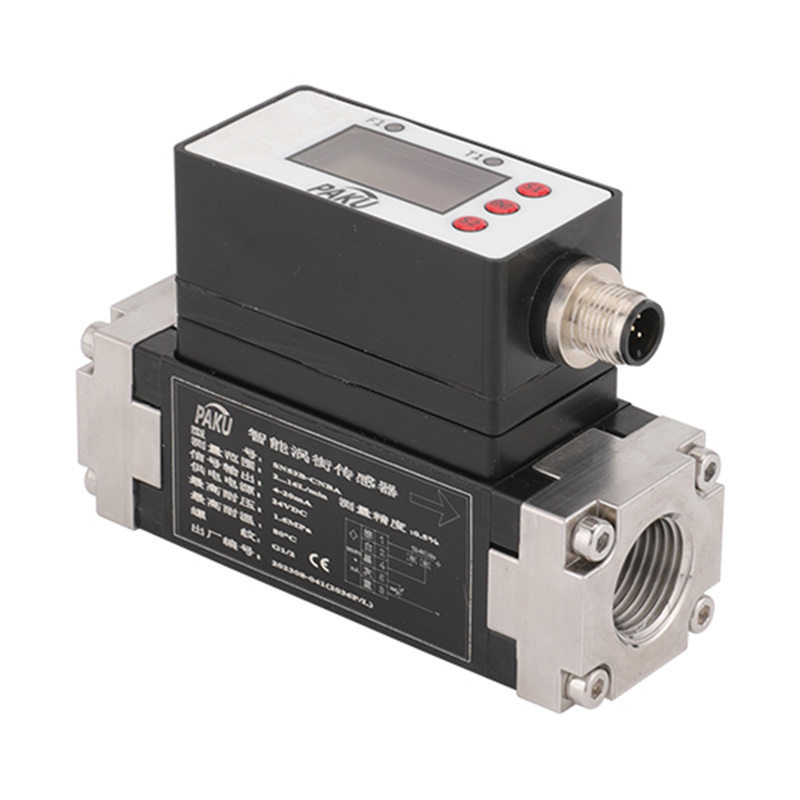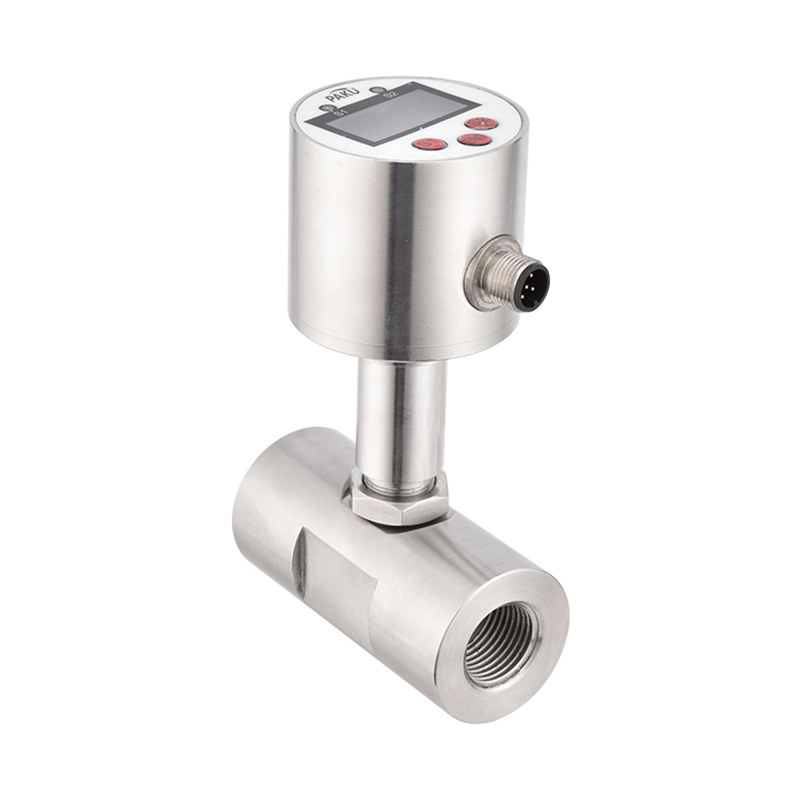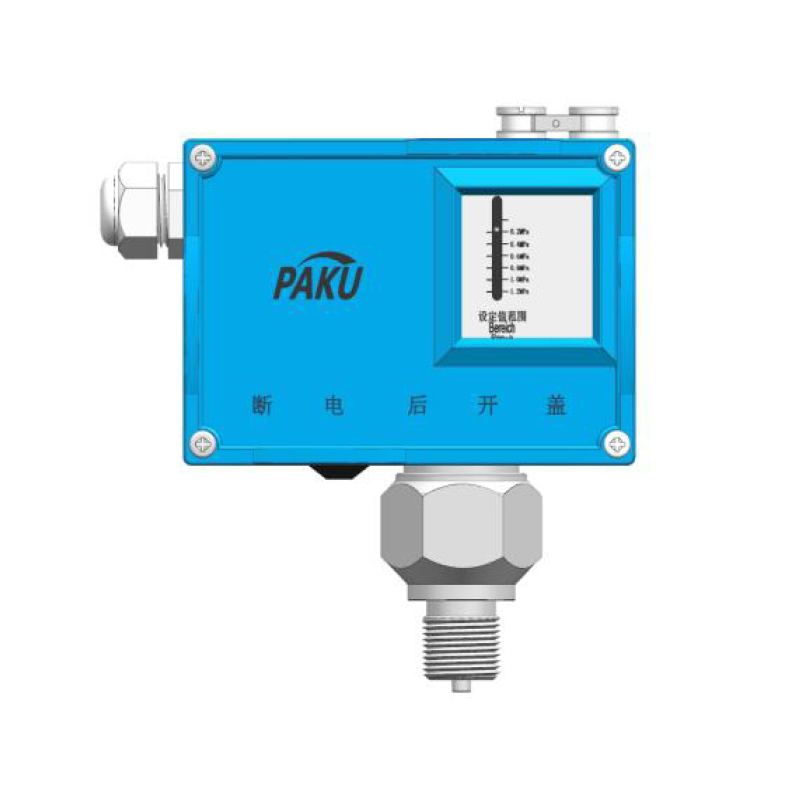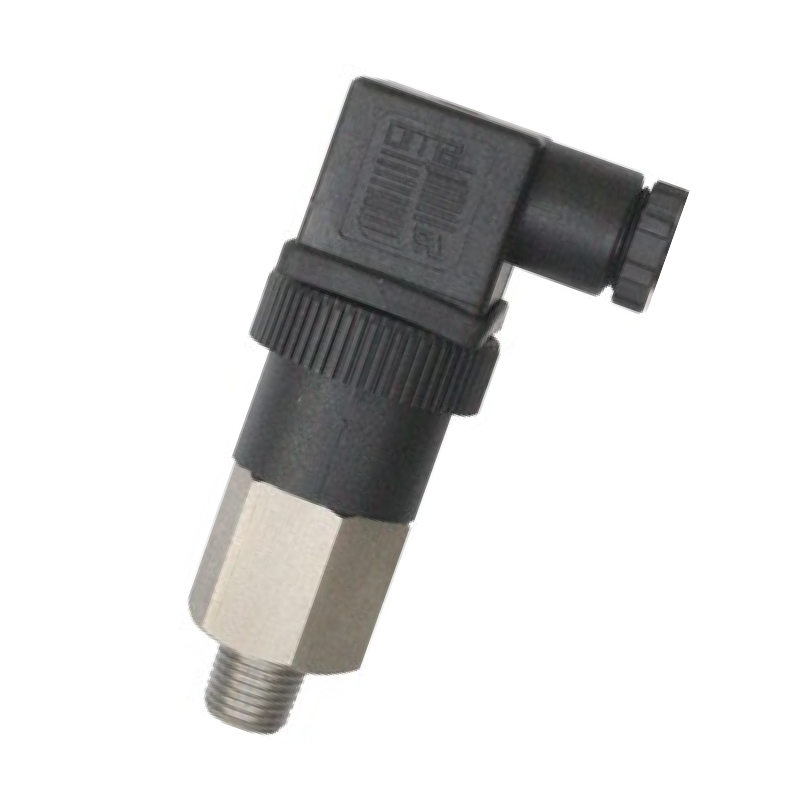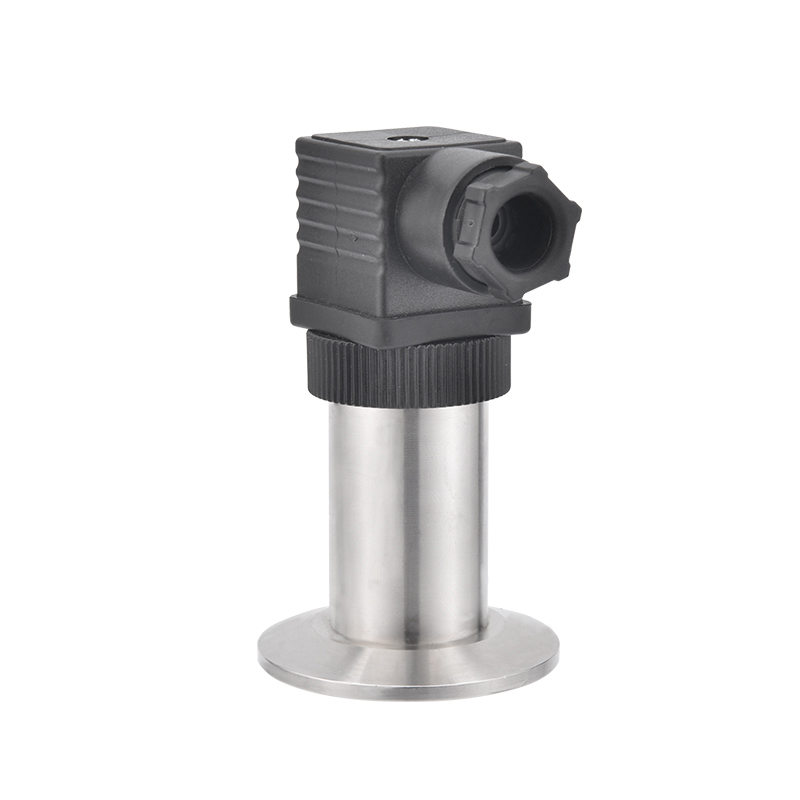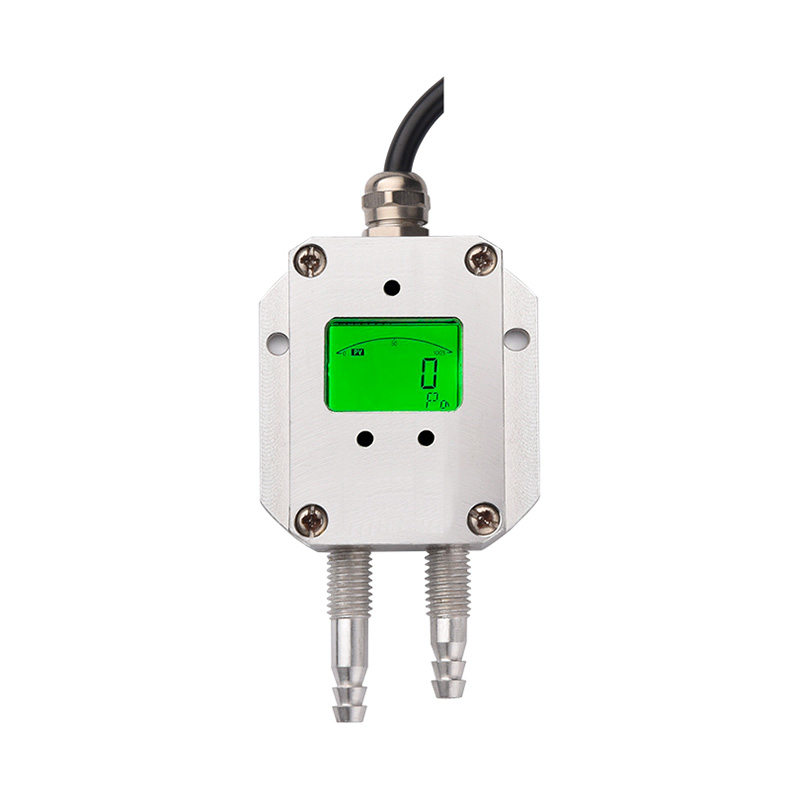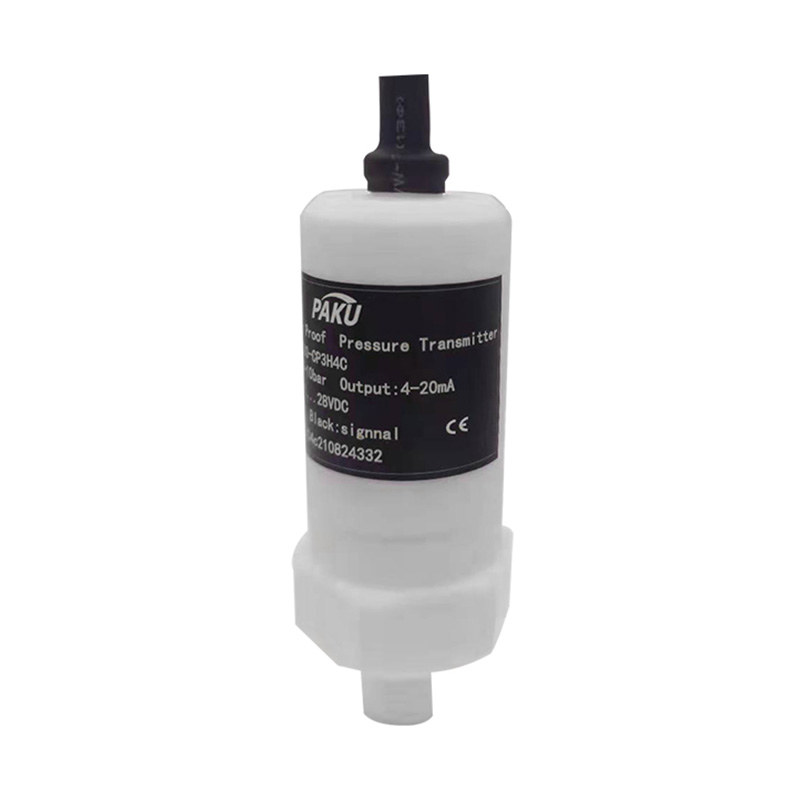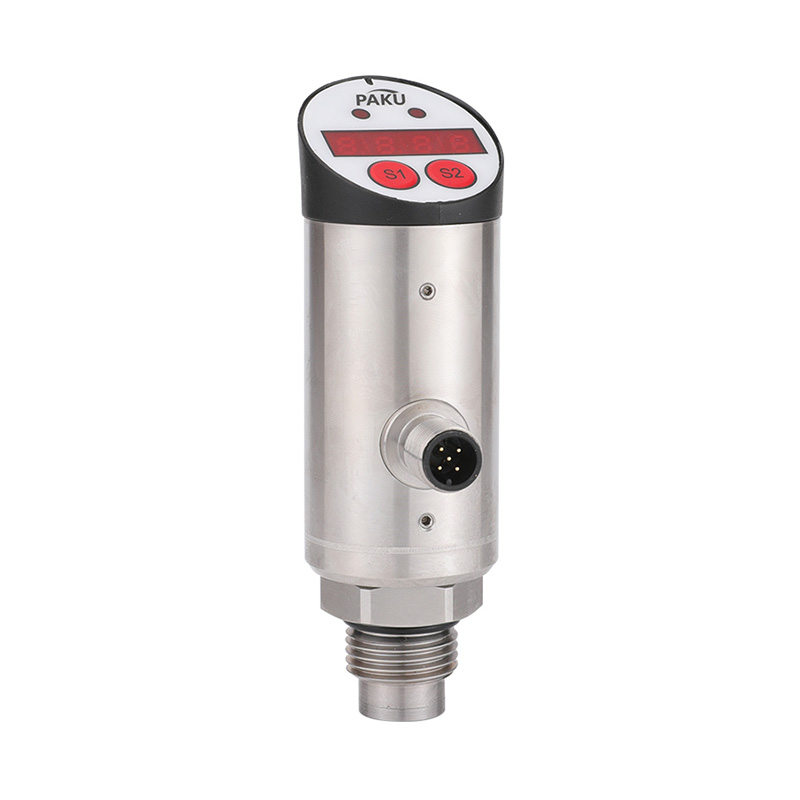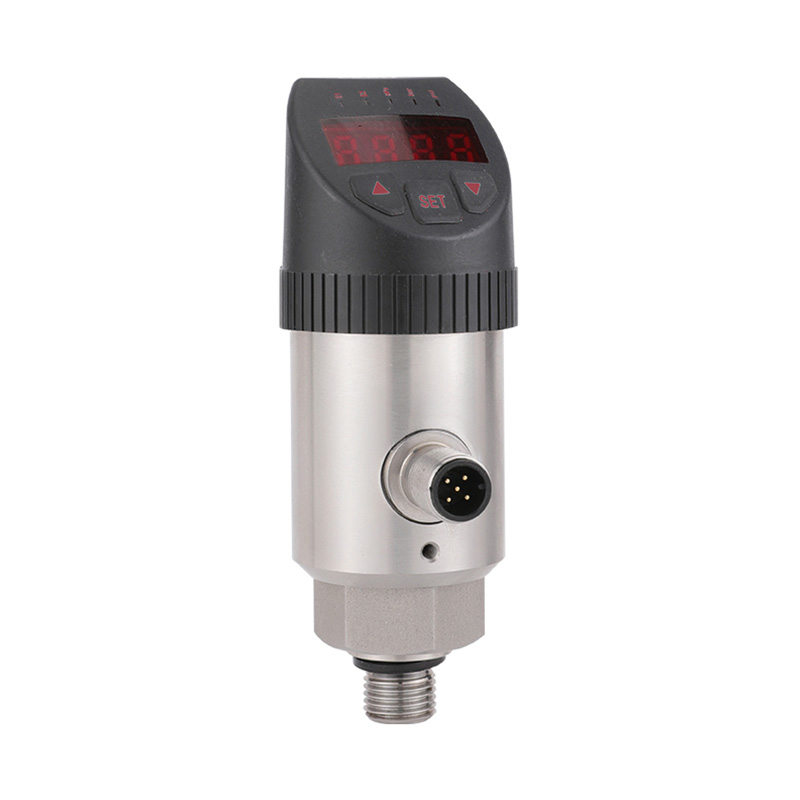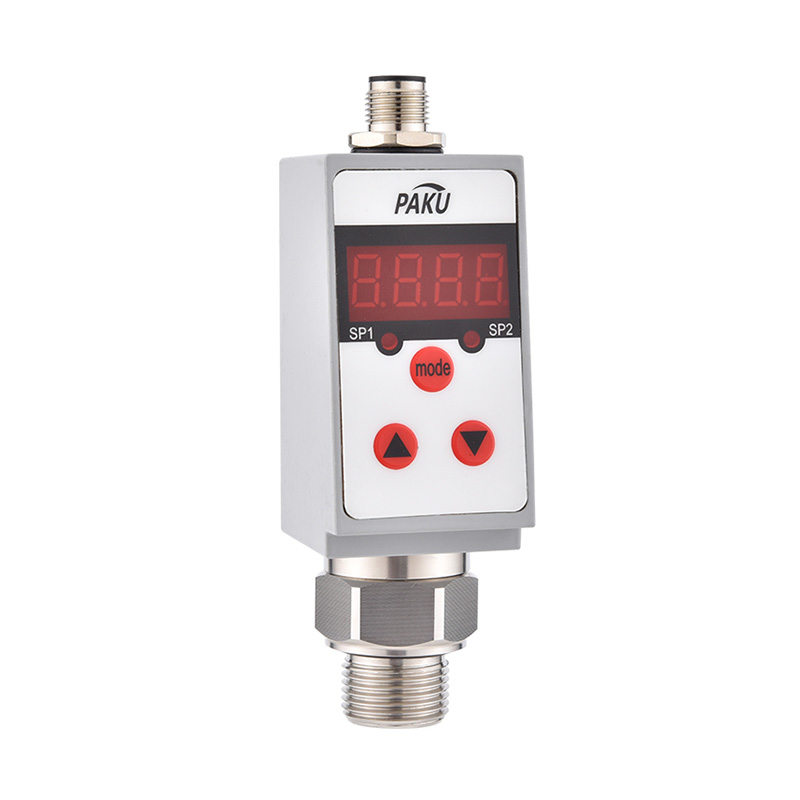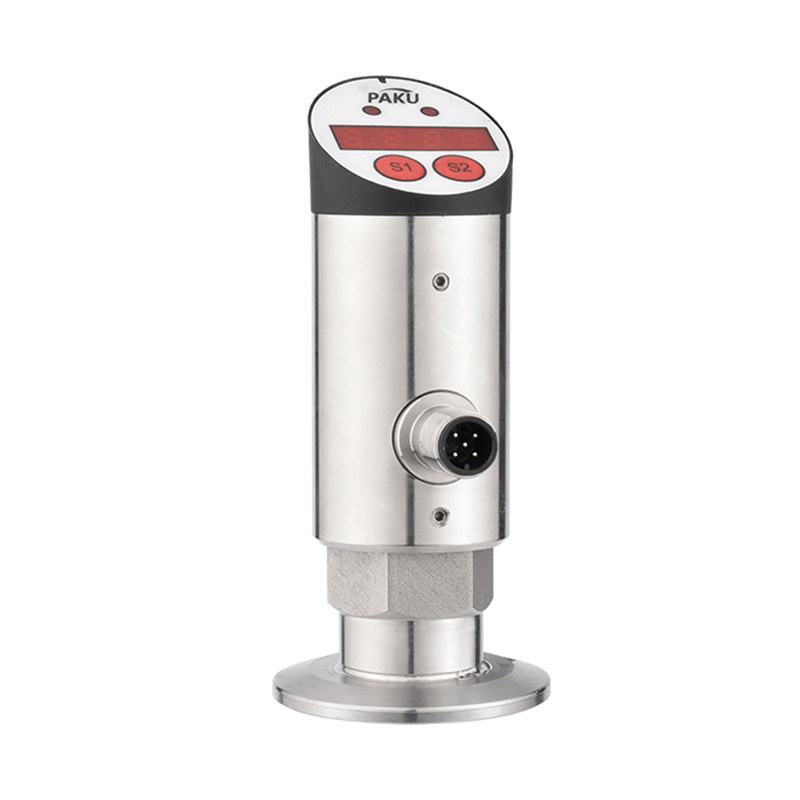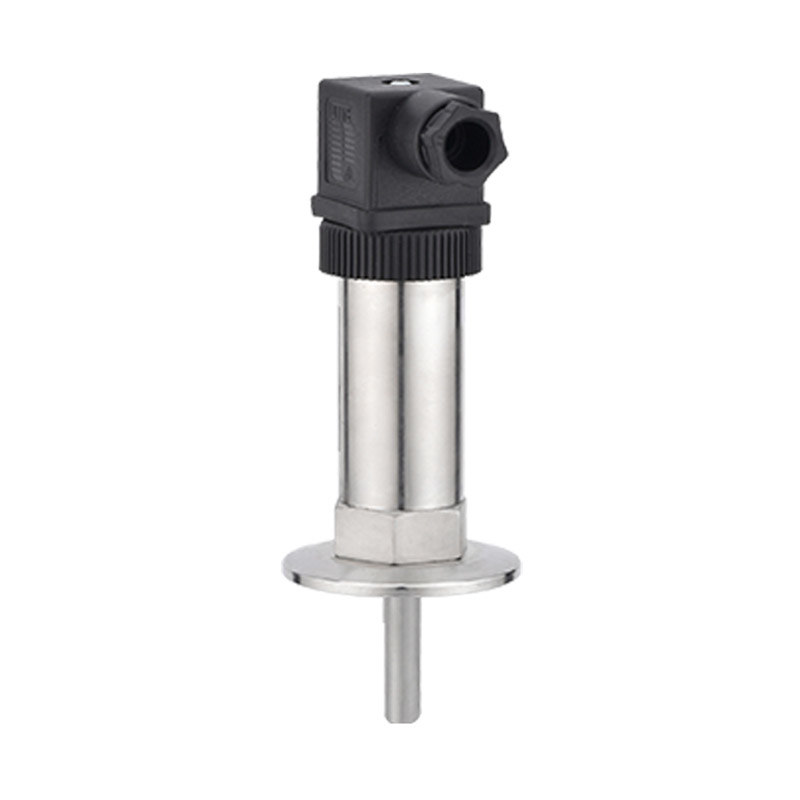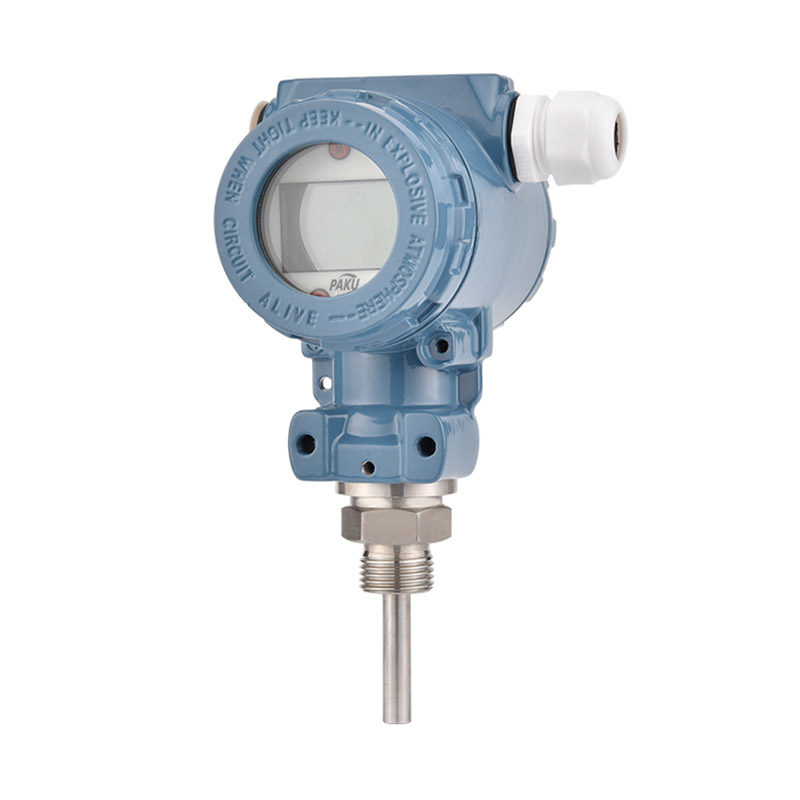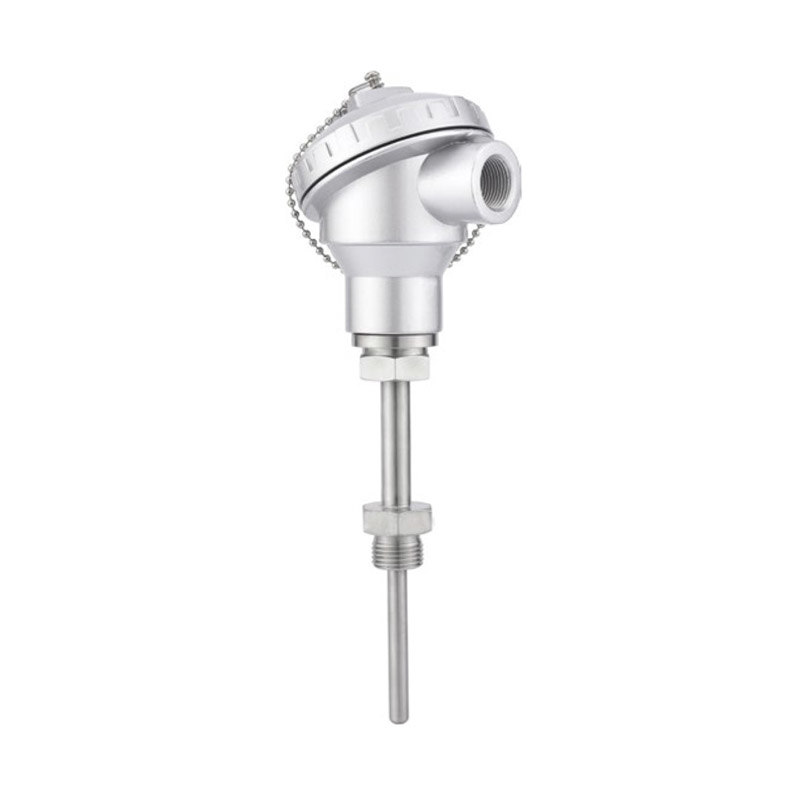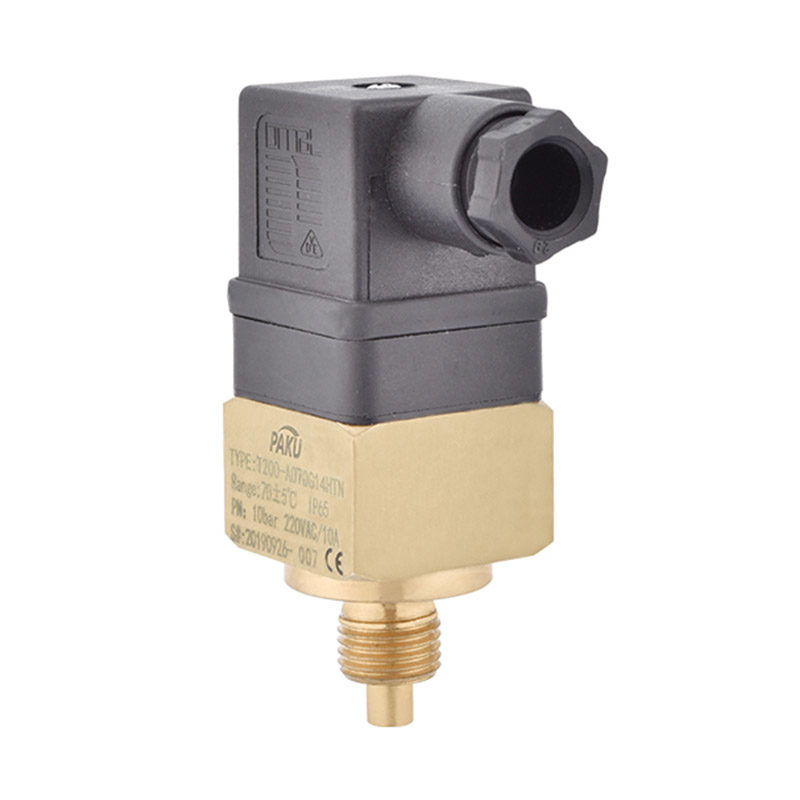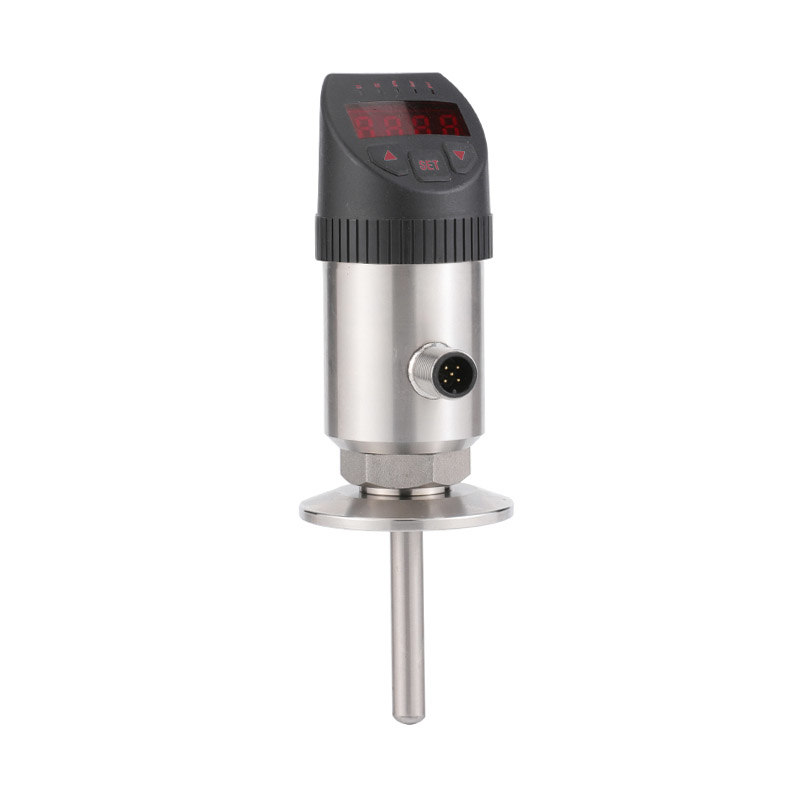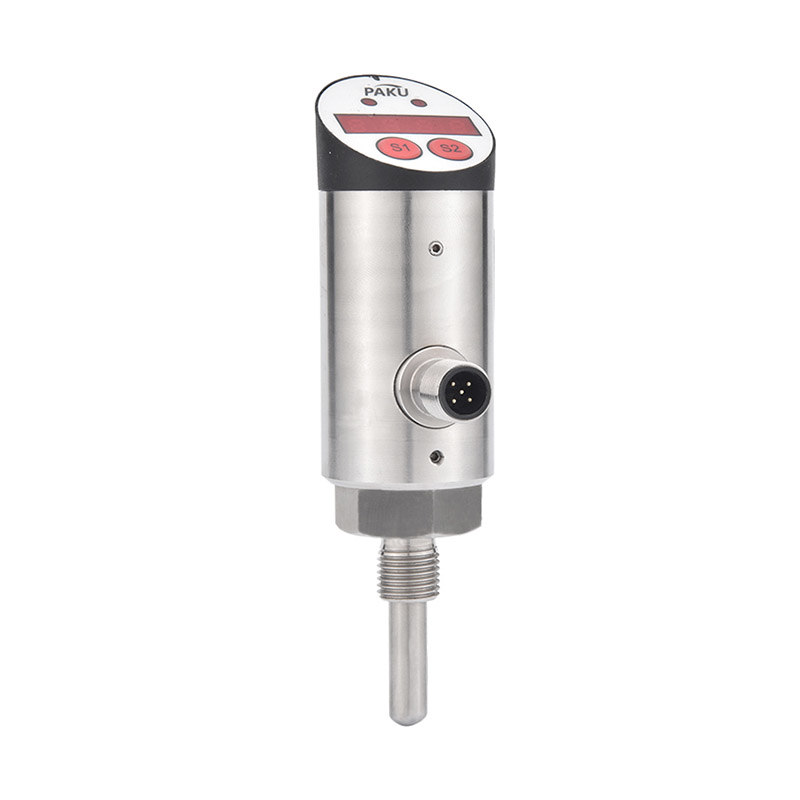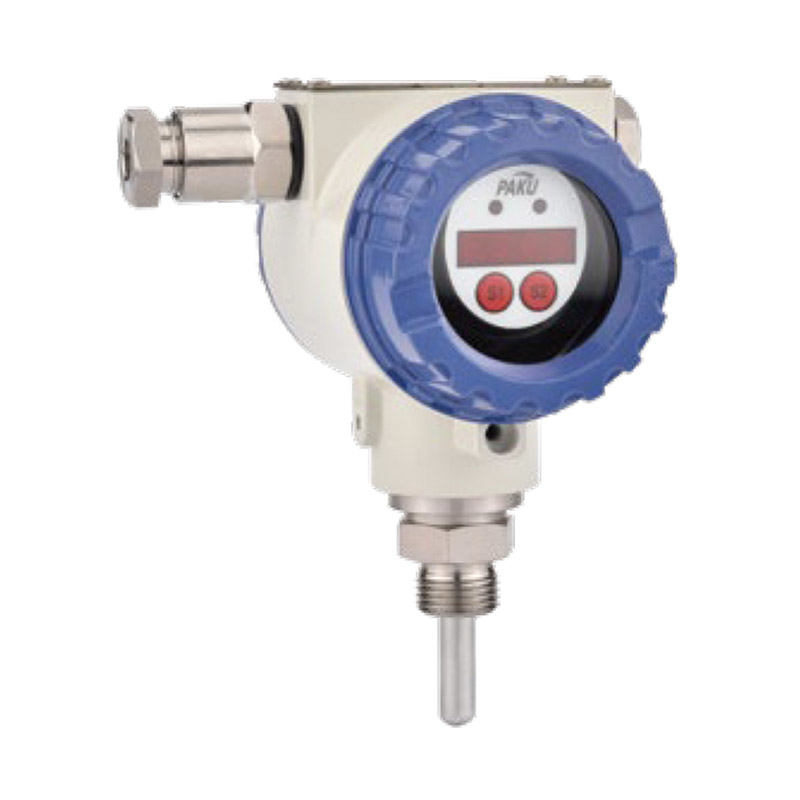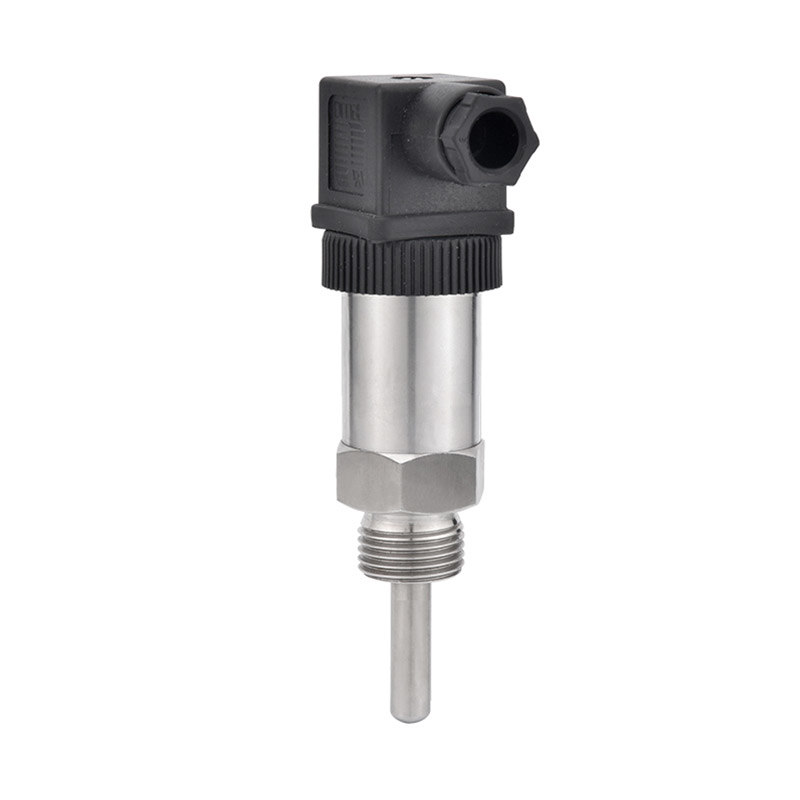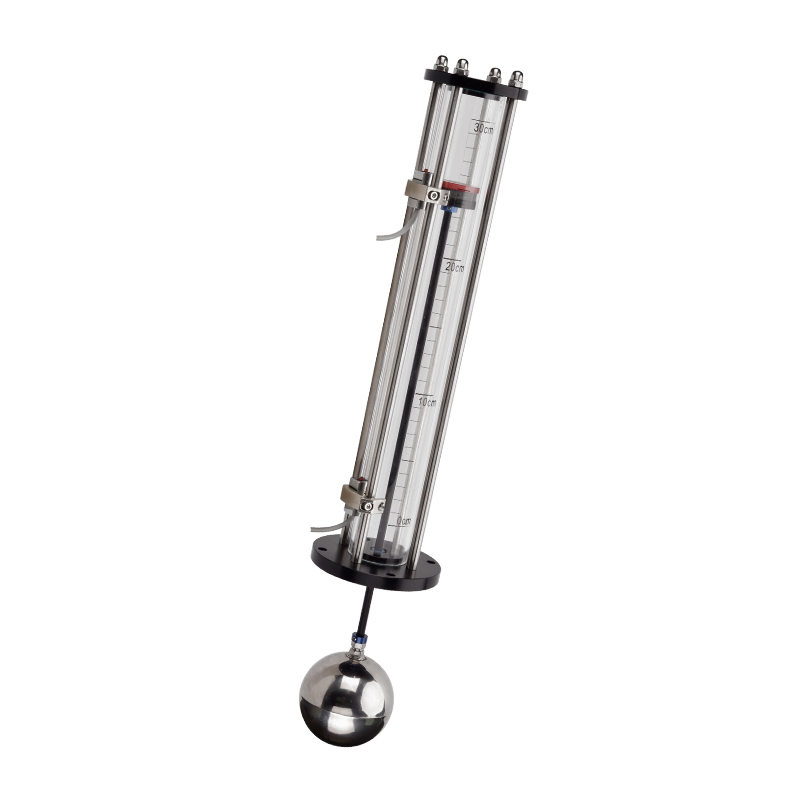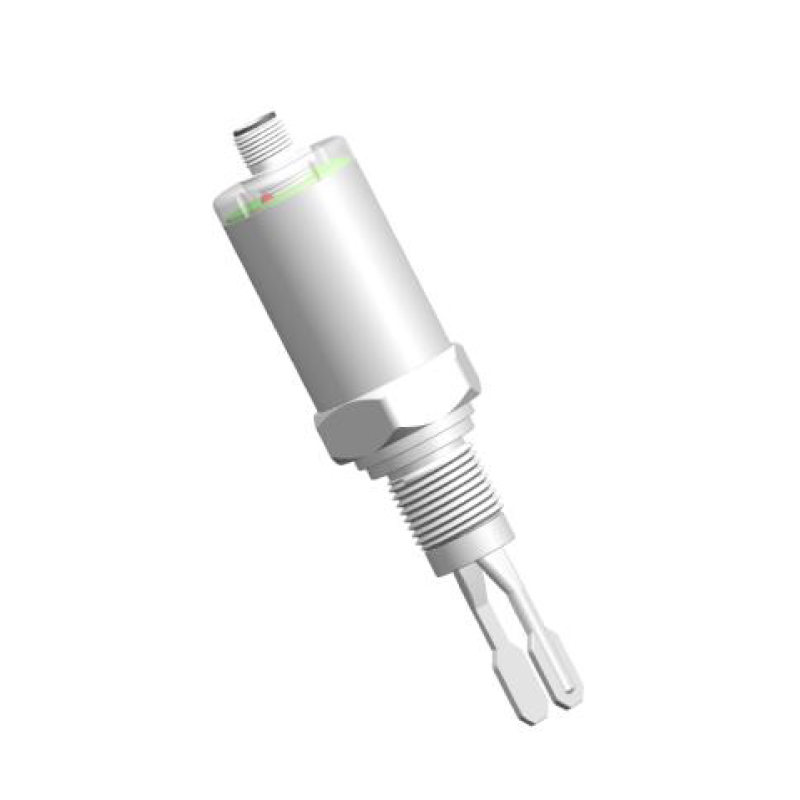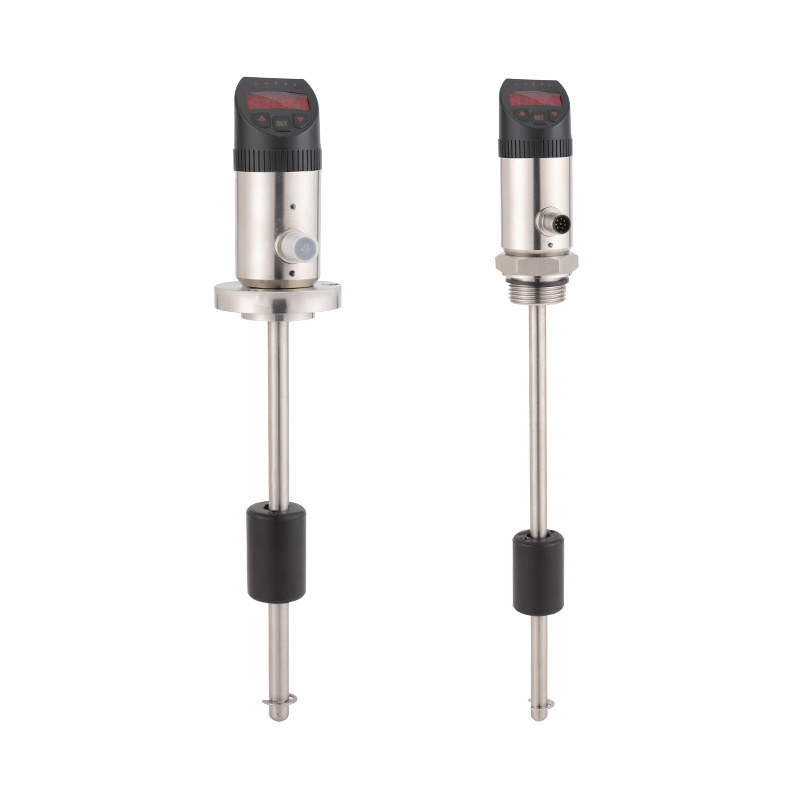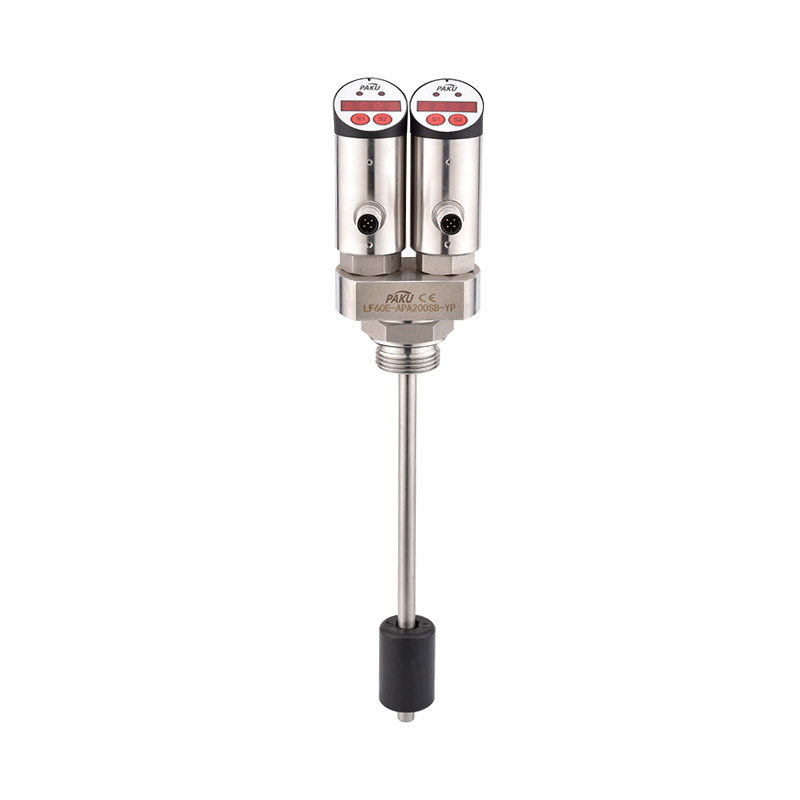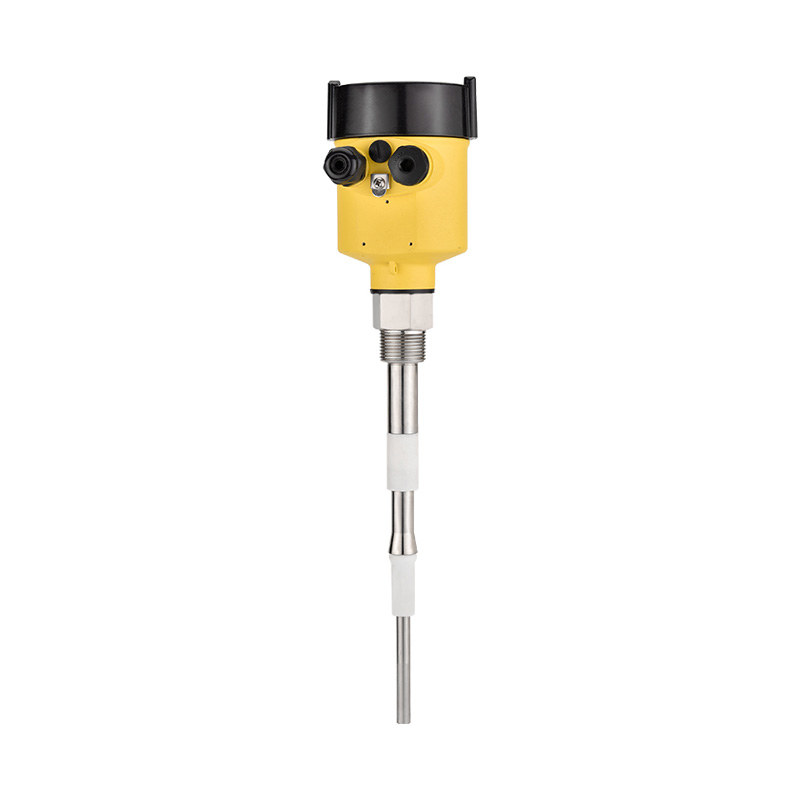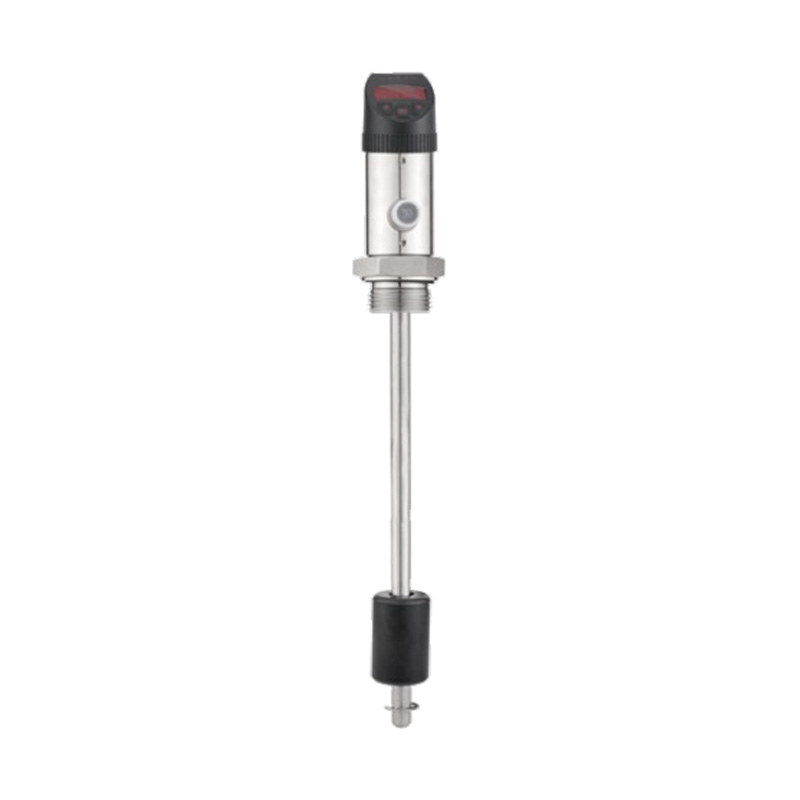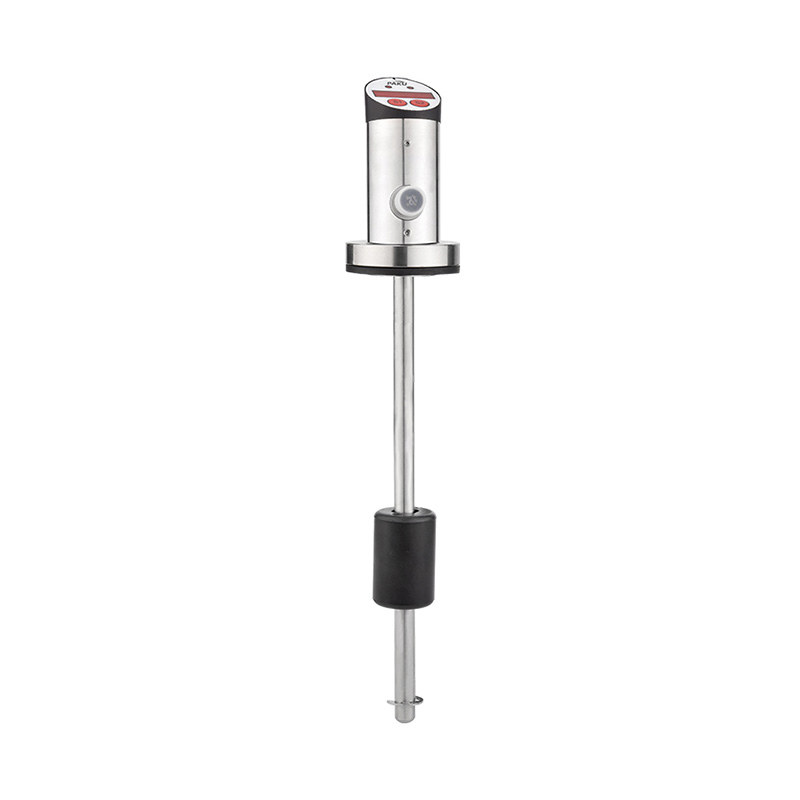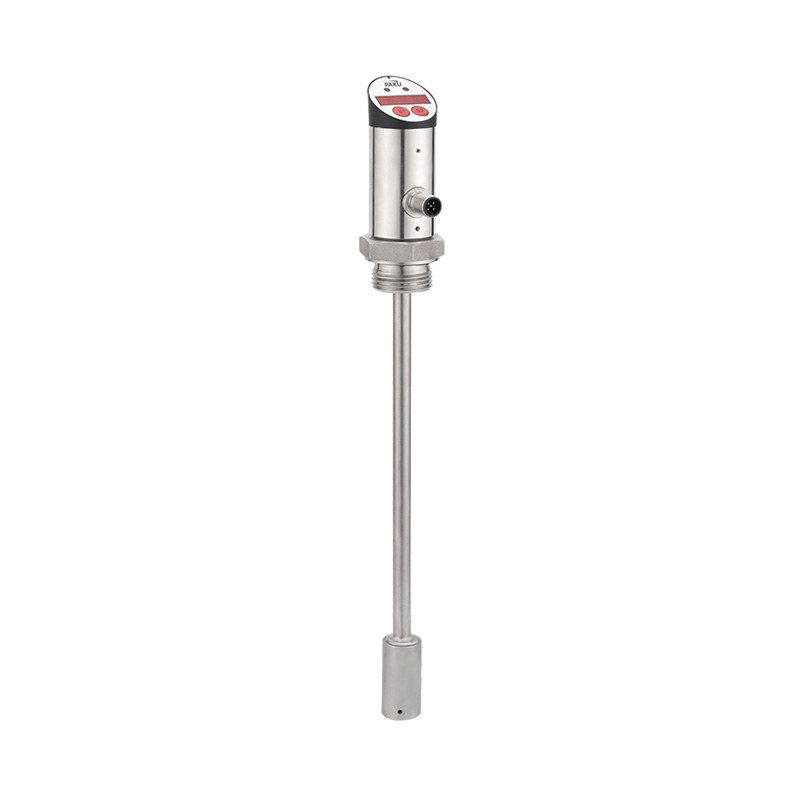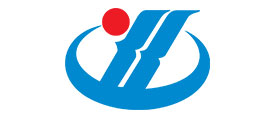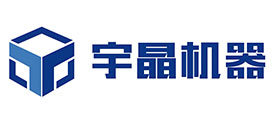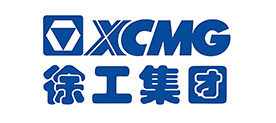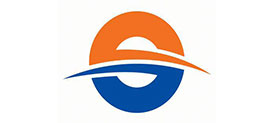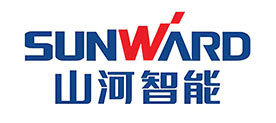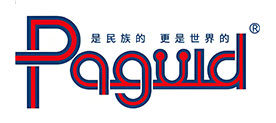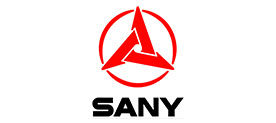Corporate Strategic Partner
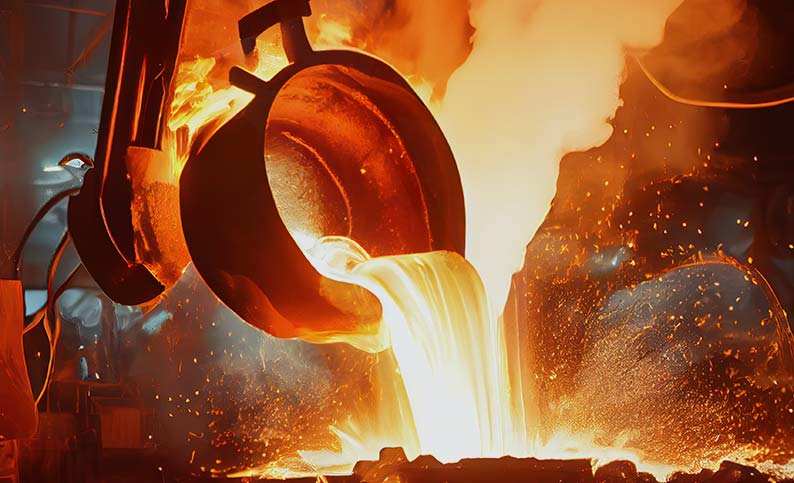
The steel industry is one of the world's largest and most important industries. It has always been a major driving force for economic development. The products of this industry are indispensable in a wide range of fields such as metal processing, automobile manufacturing, mechanical engineering, and the construction industry. Only advanced, highly automated, and reliable production lines can guarantee economic success in steel production.
PAKU provides the necessary automation technology for all areas involving steel processing operations (coking plants, sintering plants, blast furnaces, converters, foundries, rolling mills, etc.). PAKU sensors are highly temperature-resistant, have a rugged housing, and have excellent shock and vibration resistance. Sensors monitor the flow and water temperature in the supply lines of the cooling system to prevent overheating of the furnace. In hydraulic power units, pressure, level, and temperature sensors ensure a reliable supply of hydraulic oil. Infrared temperature sensors or distance sensors detect the position of the hot steel plate from a distance. Vibration monitoring systems detect machine and equipment damage in a timely manner, thus ensuring long-term normal machine operation.
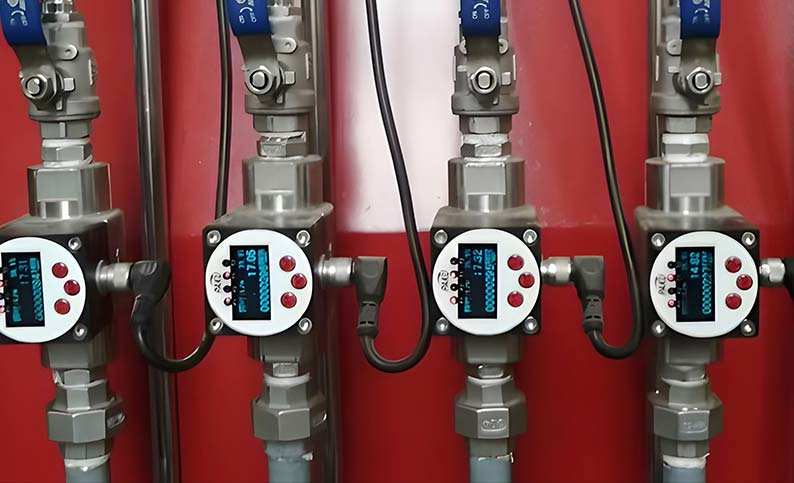
Since the 20th century, with the development of quenching technology, the development of metal physics, and the transplantation and application of other new technologies, the metal heat treatment process has been further developed. People have gradually discovered the influence of quenching agents on quenching quality. The application of rotary furnaces for gas carburizing in industrial production and the application of electron beam technology have enabled metals to obtain new surface heat treatment and chemical heat treatment methods.
PAKU provides a wide range of innovative, high-quality sensors and systems for all fields involving heat treatment industries. Among them, temperature, pressure, level, and flow sensors can reliably monitor process media; the properties of copper and iron will change due to the influence of temperature and pressure deformation. The softening treatment of white cast iron is an important process for manufacturing agricultural tools.
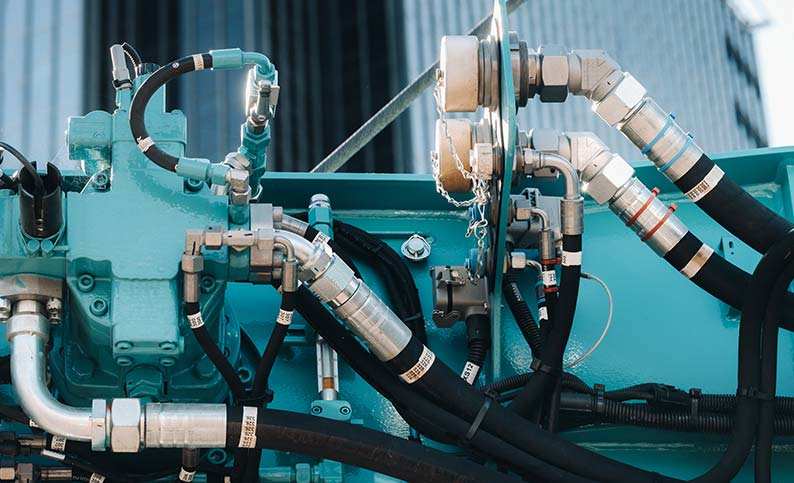
The hydraulic power unit is the core of the hydraulic system. It provides driving power for the hydraulic cylinder, which is the most important driving element in the hydraulic system. It is often used in mobile equipment such as excavators, wheel loaders, cranes, and agricultural and forestry machinery. Hydraulic systems are widely used in industrial fields involving mobile heavy machinery parts, including hydraulic stamping machines, rolling equipment, and injection molding machines.
PAKU sensors ensure the reliable and continuous operation of hydraulic systems and require less maintenance. Among them, the pressure sensor provides the information required to control the valve by detecting the system pressure in the hydraulic circuit; the oil humidity sensor and particle monitor continuously monitor the quality of the hydraulic oil. In addition, the IO-Link module can collect sensor signals on the hydraulic power unit and transmit them to the controller, which can reduce wiring costs and eliminate the need for complex cable harnesses.
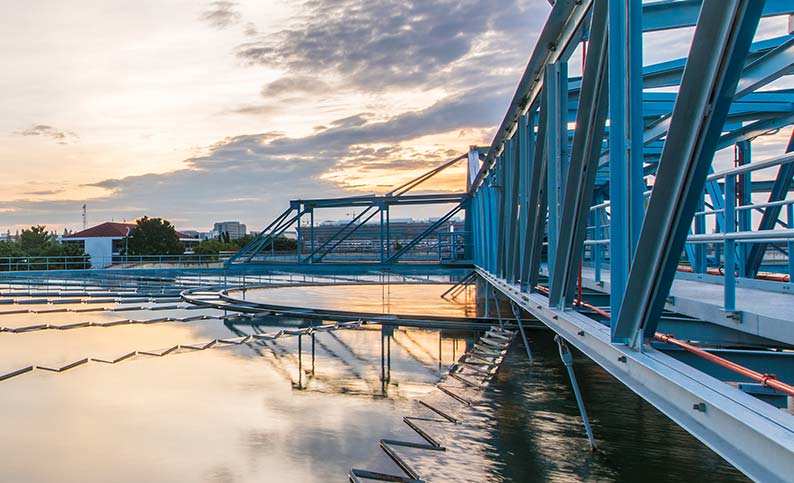
Water treatment methods include physical treatment, chemical treatment, and biological treatment.
Physical methods include using filter materials with different pore sizes to remove impurities in the water by adsorption or barrier methods. The most important adsorption method is adsorption with activated carbon. The barrier method is to pass water through the filter material so that larger impurities cannot pass through, thereby obtaining cleaner water. In addition, physical methods also include precipitation methods, which involve letting impurities with smaller specific gravity float on the water surface and be fished out, or impurities with larger specific gravity settle below, thereby obtaining. Chemical methods use various chemicals to convert impurities in the water into substances that are less harmful to the human body, or to concentrate impurities. The oldest chemical treatment method should be to add alum to the water. After the impurities in the water are gathered, the volume becomes larger, and the impurities can be removed by filtration.
Sewage treatment generally includes the following three levels of treatment: Primary treatment is to remove stones, sand, and fat, iron ions, manganese ions, grease, etc, contained in sewage through mechanical treatment, such as grating, sedimentation, or flotation. Secondary treatment is biological treatment, in which pollutants in sewage are degraded and converted into sludge under the action of microorganisms. Tertiary treatment is the deep treatment of sewage, which includes the removal of nutrients and disinfection of sewage by chlorination, ultraviolet radiation, or ozone technology. Depending on the treatment objectives and water quality, some sewage treatment processes may not include all of the above processes.
The pure water treatment process depends on the quality of the raw water.
If the raw water is municipal tap water, the general process is
Sand filtration--activated carbon filter--softening (optional)--security filter--reverse osmosis--ultraviolet disinfection--water production
If it is general surface water, it must be sterilized, and flocculants must be added before entering the above process.
If it is well water, an iron and manganese removal filter must be added after sand filtration.
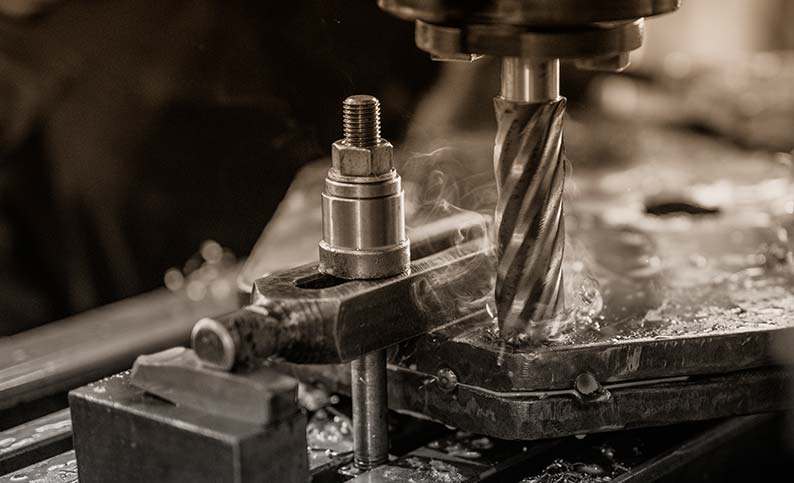
With the development of the national economy and the increase in market demand, especially driven by the rapid development of industries such as automobile manufacturing, high-speed railway construction, highway construction, green energy construction, engineering machinery, large aircraft, regional aircraft and shipbuilding, there will be huge room for domestic machine tool consumption to rise. During the "12th Five-Year Plan" period, there will be major trend changes in the development of my country's machine tool industry.
PAKU has developed the ecomatmobile series of controllers and components specifically for mobile applications. The most important component of mobile equipment is the mobile controller, which can be freely programmed, has configurable input and output ports, and is equipped with a CAN bus interface using CANopen and SAE J1939 protocols. All devices use rugged and durable seals to prevent moisture from entering the product. The entire system, including connectors and cables, has IP69K protection, ensuring that the entire system, from controller to sensor,r has a high level of protection

Environmental protection industry, that is, environmental protection industry. Entering the 21st century, the global environmental protection industry has entered a stage of rapid development, gradually becoming an important force to support the growth of industrial economic benefits, and is becoming an important goal and key to the innovation and adjustment of industrial structure in many countries.
Millions of compounds brought by industry exist in the air, soil, water, plants, animals and human body. Prevent and control the "three wastes" (wastewater, waste gas, waste residue), dust, radioactive substances emitted by industrial production, as well as the noise, vibration, odor and electromagnetic microwave radiation generated, control pollution, protect and improve the environment.

 en
en English
English Русский
Русский España
España عرب .
عرب .